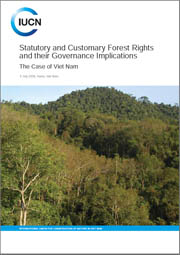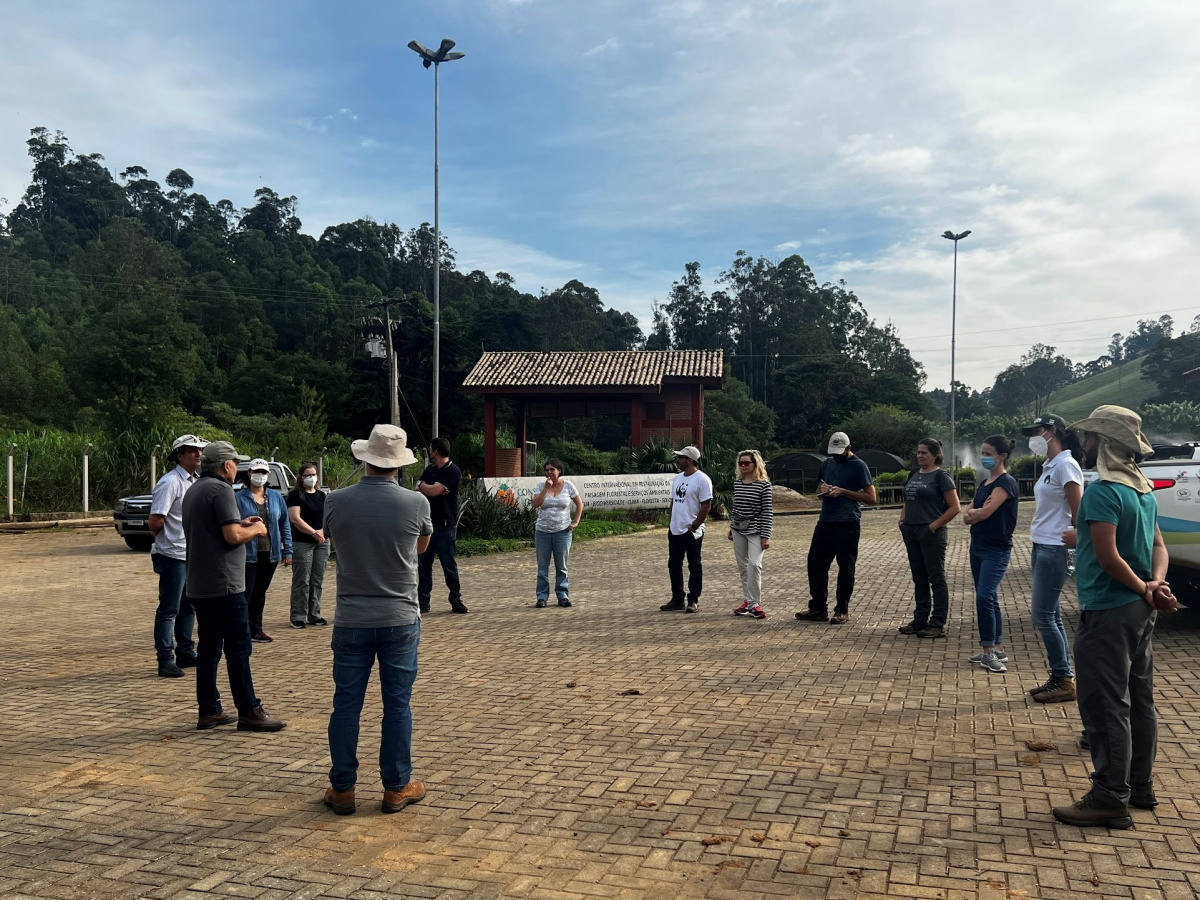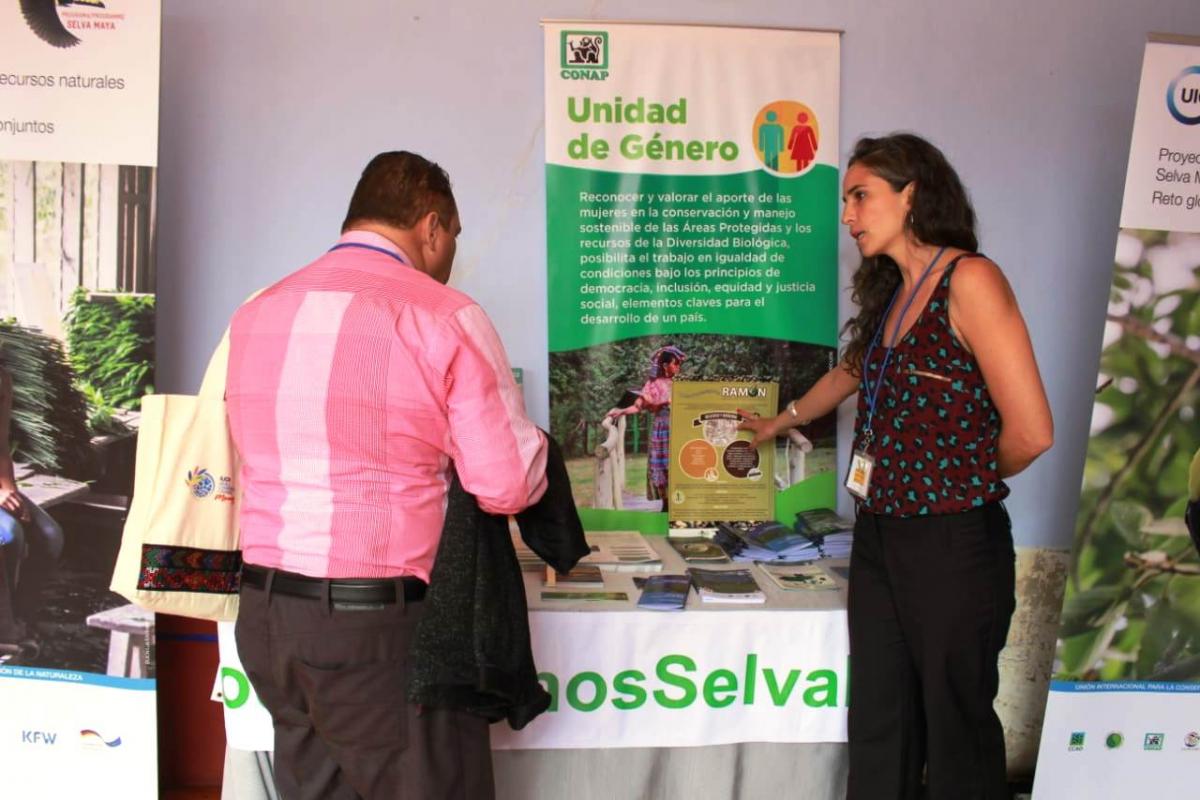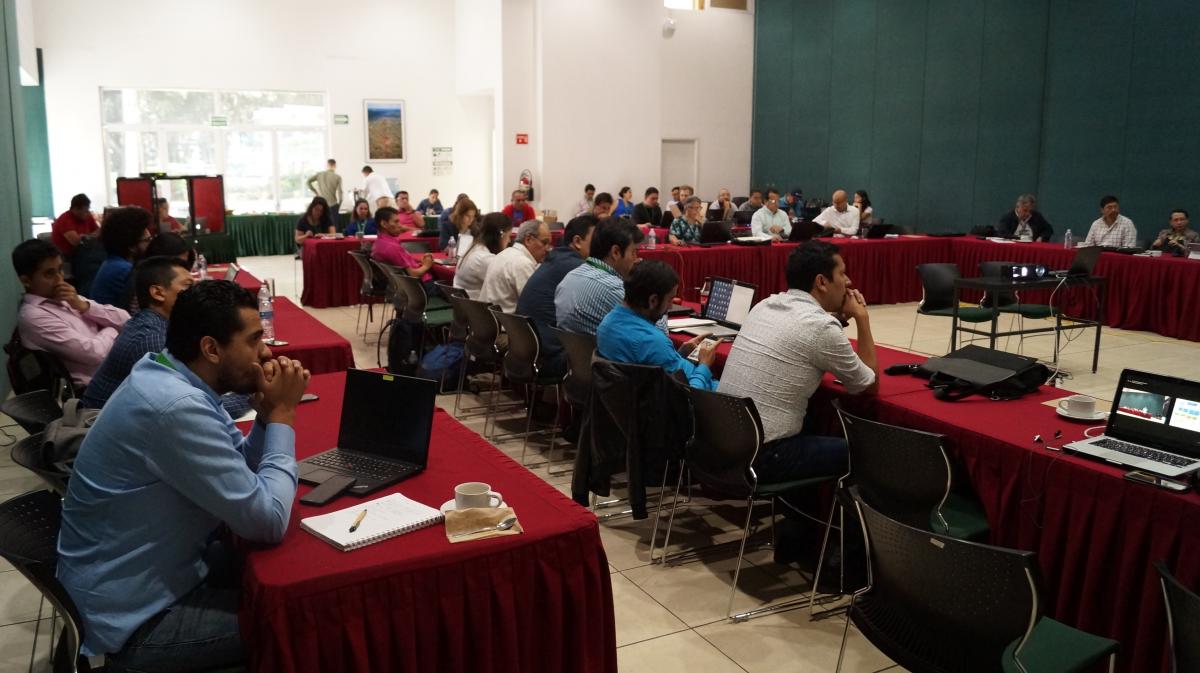Statutory and Customary Forest Rights and their Governance Implications: The Case of Viet Nam
Summary Report output of Strengthening Voices for Better Choices (SVBC) forest governance project

Photo: IUCN
IUCN’s Strengthening Voices for Better Choices project aims to promote the adoption of improved
forest governance arrangements in Viet Nam and five other tropical forest countries in Asia, Africa and South America. These arrangements cover policy, legal, institutional and economic structures and processes enjoying the active support of government, civil society and the private sector. These three groups form the basis of the tripartite approach adopted by IUCN in its forest governance work.
This summary report is an output of a larger national study conducted by SVBC in Viet Nam (similar studies have been conducted in other SVBC project countries). The study aimed to: (i) identify policy, legal, institutional and economic obstacles to sustainable and equitable forest management at the local level; and (ii) make recommendations for future SVBC activities.
The study followed the tripartite approach in two ways. First, it was conducted by consultants from three different backgrounds, namely, statutory law, social science and resource economics. Second, it benefited
from the contributions of three different stakeholder groups: state organizations, national and international
NGOs, and individuals as well as private enterprises.



